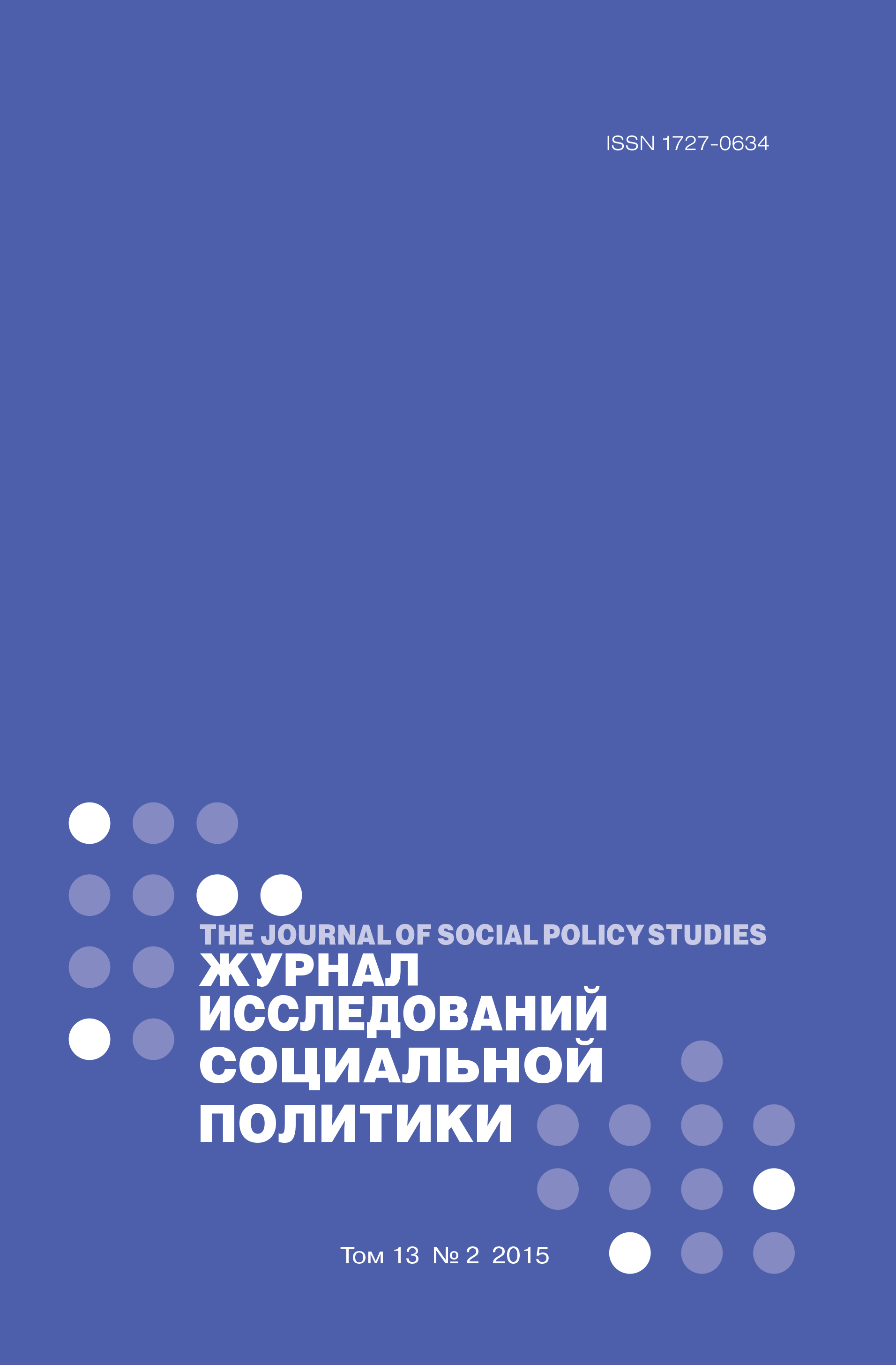Life Stories and Life Chances: Social Inequalities in the Workers’ Narrative Identities
Keywords:
social identity, social inequality, narrative identity, postsocialism, precariat
Abstract
This article discusses the life histories of former factory workers who had previously worked at those enterprises in an industrial town in Western Siberia upon which the settlement was founded. Having survived the crisis of the 1990’s, the town still depends upon them. Based on the analysis of semi-structured interviews with former factory workers, an analysis is presented as to how biographies are "split" into before and after the crisis and re-assembled into consistent stories of the self, or in P. Ricoeur’s understanding, narrative identities. The article also considers how these stories shape the scope and repertoire of "perceivedopportunities" today. Two contrasting examples of narrative identity formation, that of "sameness" and "selfhood" based on community and ethics, respectively, are discussed. The analysis shows how narrated self-perceptions, often individualized and past-oriented and rarely involving any positive agenda for the presentor prospects for the future, contribute to legitimization of the existing logics ofinequality and exclusion.Downloads
Download data is not yet available.
Published
2015-06-29
How to Cite
ЕчевскаяО. Г. (2015). Life Stories and Life Chances: Social Inequalities in the Workers’ Narrative Identities. The Journal of Social Policy Studies, 13(2), 195-210. Retrieved from https://jsps.hse.ru/article/view/3325
Section
ARTICLES IN RUSSIAN















